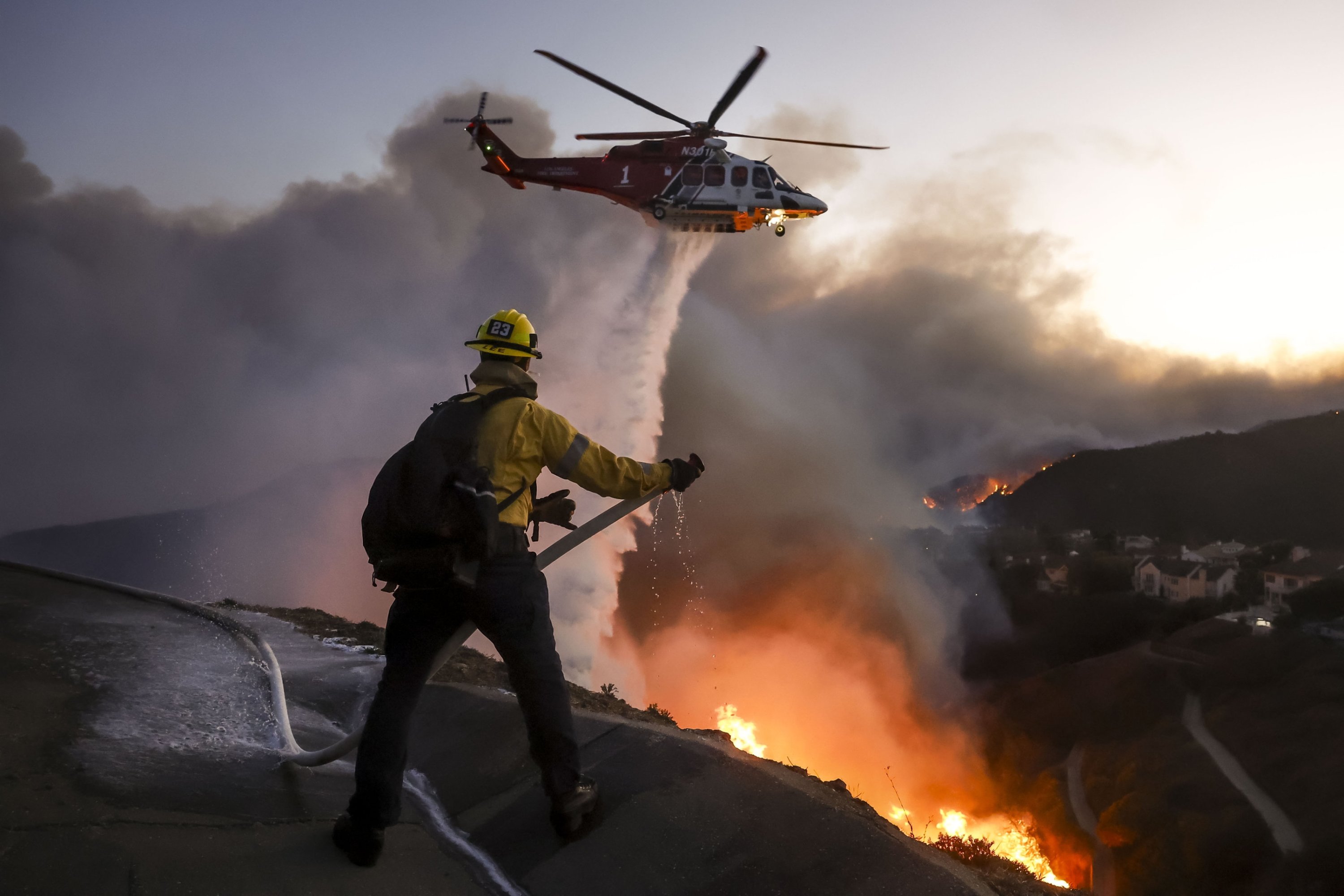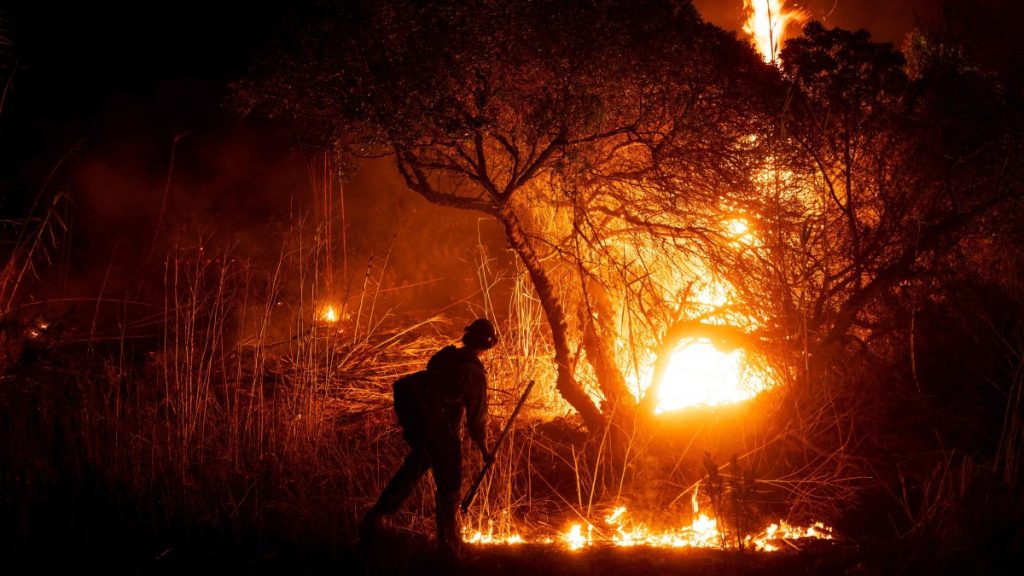The limitless consumption and profit-driven policies of modern capitalism not only exacerbate the climate crisis but also make natural disasters more destructive. The wildfires in California are a striking example of this. While they may seem like natural disasters on the surface, these fires are fueled by the destructive effects of a system that can be called “wild capitalism.”
“A consumer society commodifies both humanity and nature, consuming not only the present but also the future,” professor Sadettin Ökten stated. In this context, the California wildfires are not just a result of climate change but also of privatization, resource monopolization and profit-driven policies.
In the early 2000s, the privatization of firefighting services and water resources in California led to significant cuts in public services. Firefighting services now operate based on profit-loss calculations rather than public welfare. As New York Times best seller Naomi Klein highlights in “The Shock Doctrine,” disasters are often exploited to dismantle public services and replace them with privatized profit-driven alternatives. The rise of private firefighting services illustrates how these systems prioritize the wealthy over the common good, exacerbating the destructive potential of wildfires.
A large portion of California’s water resources is controlled by the private sector and billionaire families. For instance, Stewart and Lydia Resnick consume 150 billion gallons of water annually to irrigate their vast agricultural lands. According to the California Water Impact Network, their company, The Wonderful Company, has monopolized not only products like pistachios, pomegranate juice and mandarins but also water resources. This scale of consumption not only affects local ecosystems but also limits water access for millions of urban residents.

The unequal distribution of water resources deepens both environmental and social inequality. A small group of landowners controls water resources sufficient to meet the needs of millions, enriching themselves in the process. Ökten’s critique of consumer society perfectly summarizes this issue: “The modern world sees nature as an unlimited treasure and humanity as a consuming entity. This perspective destroys both the human spirit and the natural world.” Naomi Klein also underscores this in “This Changes Everything,” stating, “What the climate needs to avoid collapse is a contraction in humanity’s use of resources; what our economic model demands to avoid collapse is unfettered expansion.” This systemic contradiction fuels environmental degradation and societal inequities.
The agricultural lands owned by the Resnick family span an area equivalent to four San Franciscos. The cultivation of water-intensive crops on this scale overshadows urban water needs. This type of agricultural activity not only depletes local water resources but also contributes to climate change by increasing carbon emissions.
Insurance companies are another actor that is profiting from the crisis. For example, major insurers like State Farm and Berkshire Hathaway continue to invest billions of dollars in the fossil fuel industry. This contradiction reveals the essence of capitalism: While denying insurance claims from communities harmed by the climate crisis, these companies expand their investments in industries that fuel the problem.
The California wildfires are not merely a result of climate change but also a crisis deepened by the capitalist system. Privatization, water monopolies, agricultural exploitation and fossil fuel investments are the core dynamics of this crisis. As Ökten emphasizes, a consumer society disrupts the balance between humanity and nature, intensifying such disasters.
In the Women in Smart Energy (WiSE UK) London-based nongovernmental organization (NGO), we highlight that the climate crisis is not just an environmental issue but a direct result of the economic system we live in: “Our economic system and our planetary system are now at war.” The California wildfires exemplify this conflict, and addressing them requires transforming profit-driven policies and creating systems that prioritize equity and sustainability.


